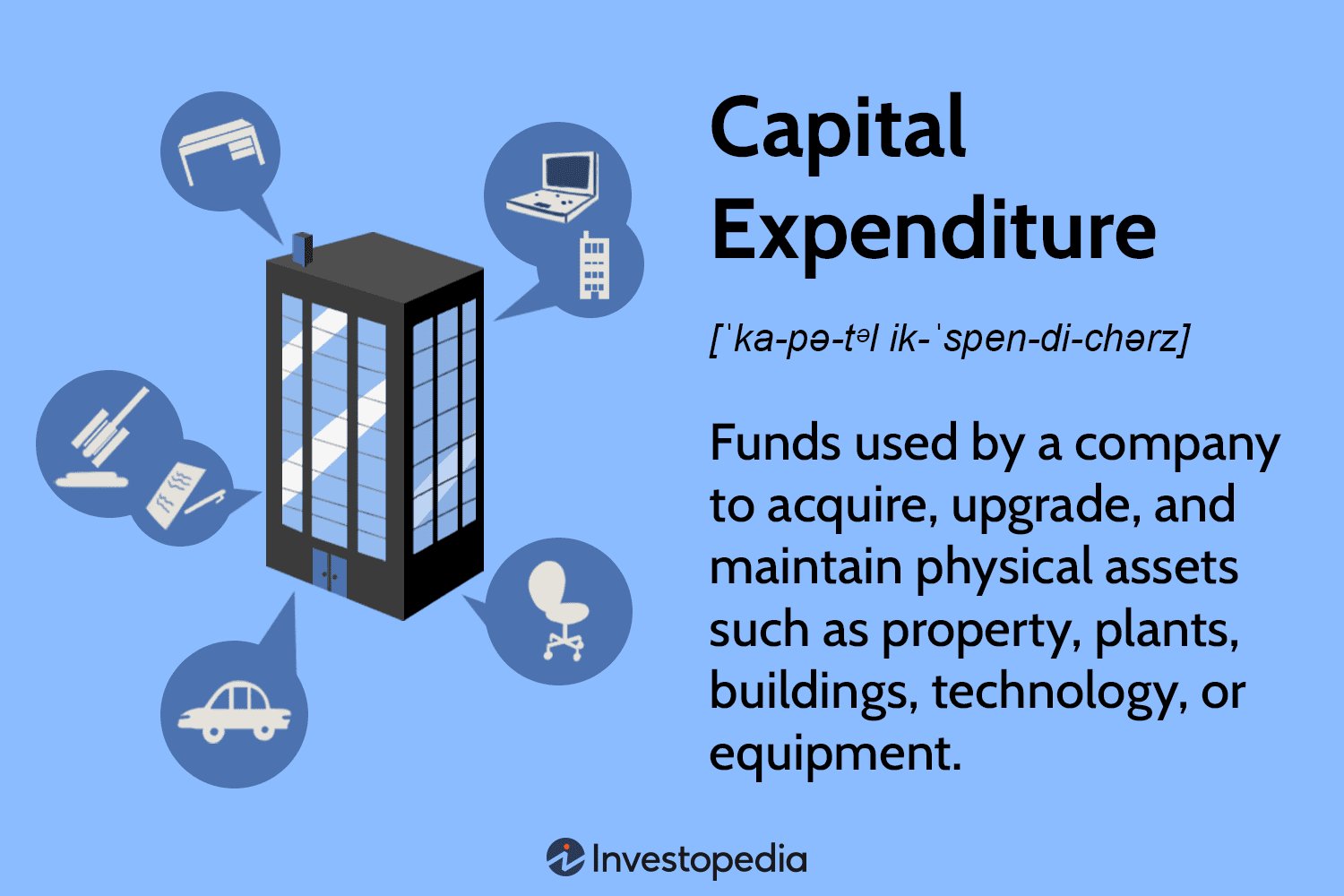Looking to secure venture capital for your business? You’ve come to the right place! In this blog article, we’ll delve into the world of venture capital, explaining what it is and, most importantly, how you can get it. Venture capital is a type of funding that investors provide to startups and early-stage companies with high growth potential. It not only offers financial support but also brings valuable expertise and networks to the table. So, if you’re ready to take your business to the next level, let’s dive in and explore what venture capital is and how to get it.
What is Venture Capital and How to Get It
Venture capital is a form of financing that is provided by investors, known as venture capitalists (VCs), to early-stage and high-growth companies. These investors provide funding to startups and emerging businesses in exchange for equity or ownership stake in the company. This form of funding is particularly attractive to entrepreneurs and founders who have ambitious growth plans but lack the necessary capital to execute their ideas.
In this article, we will explore the concept of venture capital in detail, understanding its purpose, benefits, and the process of obtaining it. If you are an aspiring entrepreneur or a founder looking to scale your business, this guide will provide you with valuable insights on how to navigate the world of venture capital.
The Purpose of Venture Capital
Venture capital plays a crucial role in the startup ecosystem by providing capital and expertise to early-stage companies. The purpose of venture capital can be summarized as follows:
1. Funding: Venture capital fills the gap between self-funding (bootstrapping) and more traditional forms of financing, such as bank loans. Startups often require significant capital investments to develop their products, build teams, and scale their operations. Venture capital provides the necessary funding to fuel growth and innovation.
2. Expertise and Mentorship: In addition to capital, venture capitalists bring a wealth of experience, industry knowledge, and networks to the startups they invest in. They often act as mentors and advisors, guiding entrepreneurs through critical business decisions and connecting them with potential customers, partners, and talent.
3. Risk Mitigation: Startups are inherently risky ventures, with a high failure rate. Venture capitalists help mitigate this risk by conducting thorough due diligence before making investment decisions. Their expertise in assessing market opportunities, industry trends, and competitive landscapes increases the likelihood of success for the companies they back.
4. Strategic Partnerships: Venture capital firms often have extensive networks and relationships with other investors, corporate partners, and industry experts. These connections can open doors to strategic partnerships, joint ventures, and acquisition opportunities, which can significantly benefit the startups they invest in.
The Venture Capital Process
Securing venture capital involves a series of steps, from preparing your business for investment to negotiating and closing the deal. Here is an overview of the venture capital process:
1. Refine Your Business Plan: Before seeking venture capital, you need a well-defined business plan that outlines your product or service, target market, competitive advantage, and growth strategy. Your business plan should highlight the potential for significant returns, scalability, and market opportunity.
2. Identify Potential Venture Capitalists: Research and identify venture capital firms that specialize in your industry or sector. Look for firms that have a track record of investing in companies similar to yours. Utilize online directories, industry networks, and referrals to create a list of potential investors.
3. Prepare an Investor Pitch: Craft a compelling investor pitch that concisely communicates your business idea, market opportunity, and growth potential. Your pitch deck should include information on your team, market size, competitive landscape, financial projections, and funding requirements. Tailor your pitch to the specific venture capital firm you are targeting.
4. Network and Make Connections: Attend industry events, conferences, and startup meetups to expand your network and make connections with potential investors. Warm introductions from trusted sources can significantly increase your chances of getting in front of venture capitalists. Utilize online platforms and forums to connect with industry experts and build relationships.
5. Submit Your Business Plan: Once you have identified potential venture capitalists and made connections, submit your business plan or pitch deck for consideration. Some venture capital firms have online submission portals, while others prefer email introductions. Follow the submission guidelines specified by each firm and ensure your materials are polished and professional.
6. Due Diligence and Term Sheet: If a venture capitalist expresses interest in your business, they will conduct due diligence, which involves a comprehensive assessment of your company’s financials, market potential, intellectual property, team, and growth plan. If the due diligence process is successful, the venture capitalist will present a term sheet outlining the investment terms, including valuation, equity stake, and investor rights.
7. Negotiate and Close the Deal: Once you receive a term sheet, negotiate the terms and conditions of the investment. Consider seeking legal counsel to ensure you understand the implications of the agreement. Once both parties reach an agreement, the deal is closed, and the venture capital firm provides the agreed-upon funding.
Tips for Attracting Venture Capital
Securing venture capital funding is highly competitive, and not all startups are successful in attracting investors. Here are some tips to increase your chances of attracting venture capital:
1. Build a Strong Team: Venture capitalists invest in talented and capable teams that can execute on the business plan. Surround yourself with a team that has a diverse mix of skills, relevant experience, and a shared vision for the company’s future.
2. Demonstrate Traction: Show evidence of market traction and customer validation. This can include revenue growth, user acquisition, partnerships, or strong customer feedback. Tangible results demonstrate that your business has the potential to scale and generate returns.
3. Focus on Scalability: Venture capitalists are looking for businesses that can achieve rapid growth and scale. Highlight how your business model can be replicated across different markets, geographies, or customer segments, showcasing the scalability potential.
4. Create a Compelling Value Proposition: Clearly articulate the value your product or service brings to customers. Differentiate yourself from competitors and explain why customers would choose your offering over others. A strong value proposition can make your business more attractive to venture capitalists.
5. Show A Clear Path to Profitability: While startups may prioritize growth over profitability initially, venture capitalists want to see a clear path to profitability in the long run. Demonstrate a deep understanding of your business’s financials, cost structure, and revenue streams.
6. Be Polished and Professional: Present yourself and your business in a polished and professional manner. Pay attention to detail in your pitch deck, business plan, and investor communications. Practice your pitch and be prepared to answer tough questions confidently.
7. Be Persistent and Resilient: Securing venture capital funding takes time and persistence. Rejections are part of the process, so learn from each interaction and refine your approach. Show resilience and determination to overcome obstacles and prove the potential of your business.
In conclusion, venture capital can be a game-changer for startups and high-growth companies, providing not only capital but also valuable expertise, mentorship, and strategic partnerships. By understanding the purpose of venture capital, navigating the venture capital process, and implementing strategies to attract investors, entrepreneurs can increase their chances of securing the funding they need to bring their vision to life.
Seed Funding: How to Raise Venture Capital – Startups 101
Frequently Asked Questions
Frequently Asked Questions (FAQs)
What is venture capital?
Venture capital is a form of financing that is provided by investors, typically referred to as venture capitalists, to early-stage or high-potential startups. It involves investing capital in exchange for an ownership stake in the company, with the hope of generating substantial returns in the future.
How does venture capital work?
Venture capital firms raise money from various sources, such as wealthy individuals, institutional investors, or corporations, to create a fund. This fund is then used to invest in startups that are deemed to have significant growth potential. The venture capitalists provide both financial and strategic support to help the startup grow and succeed. In return, they receive equity in the company.
What are the benefits of venture capital?
Venture capital provides startups with access to not only financial resources but also expertise, industry connections, and mentorship from experienced investors. It can accelerate the growth of a company, help it overcome challenges, and increase its chances of success. Additionally, venture capital can provide validation and credibility, attracting further investment and partnerships.
Who can get venture capital?
Venture capital is typically available to early-stage startups with high growth potential. However, securing venture capital funding can be competitive, and investors often look for promising business ideas, a strong founding team, and a scalable business model. Startups in technology, biotech, and other innovative industries often have a higher chance of attracting venture capital.
How to approach venture capitalists for funding?
To approach venture capitalists for funding, it is essential to thoroughly research and identify the right investors who have a history of investing in your industry or type of business. Craft a compelling pitch deck that highlights your unique value proposition, market potential, and growth strategy. Reach out to potential investors through warm introductions, networking events, or online platforms that connect entrepreneurs with investors.
What do venture capitalists look for in a startup?
Venture capitalists typically look for startups with high growth potential, a scalable business model, a strong founding team, and a large addressable market. They consider factors such as market opportunity, competitive advantage, traction, revenue potential, and the ability to generate returns on their investment. Additionally, they assess the startup’s ability to execute its business plan and navigate challenges.
How much equity do venture capitalists typically take?
The amount of equity venture capitalists take varies depending on various factors, such as the stage of the startup, the amount of funding required, and the perceived risk. In early-stage investments, venture capitalists often take a significant ownership stake, usually ranging from 20% to 40%. As the company grows and attracts additional funding rounds, the ownership stake of the venture capitalists may dilute.
What are the risks of venture capital?
Venture capital investments involve a high degree of risk. Startups selected for venture capital funding may fail to achieve anticipated growth, resulting in a loss of investment. Many startups do not succeed, and venture capitalists are aware of this risk. However, venture capitalists diversify their investments across multiple startups in hopes of achieving significant returns from a few successful companies.
Note: The information provided is for general informational purposes only and does not constitute financial or investment advice.
Final Thoughts
Venture capital is a form of funding provided by investors to startups and small businesses with high growth potential. By investing in these companies, venture capitalists aim to achieve significant returns on their investment. So, how can you get venture capital? Firstly, develop a solid business plan that highlights your unique value proposition and growth potential. Secondly, build a strong network and seek introductions to venture capitalists. Thirdly, prepare a comprehensive pitch deck and present it confidently. Lastly, demonstrate traction and progress to convince investors of your business’s potential. Ultimately, venture capital can fuel your entrepreneurial journey, enabling you to scale and succeed.



